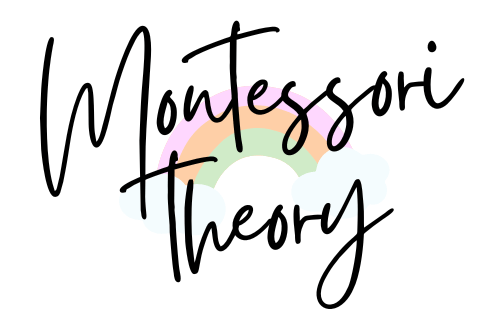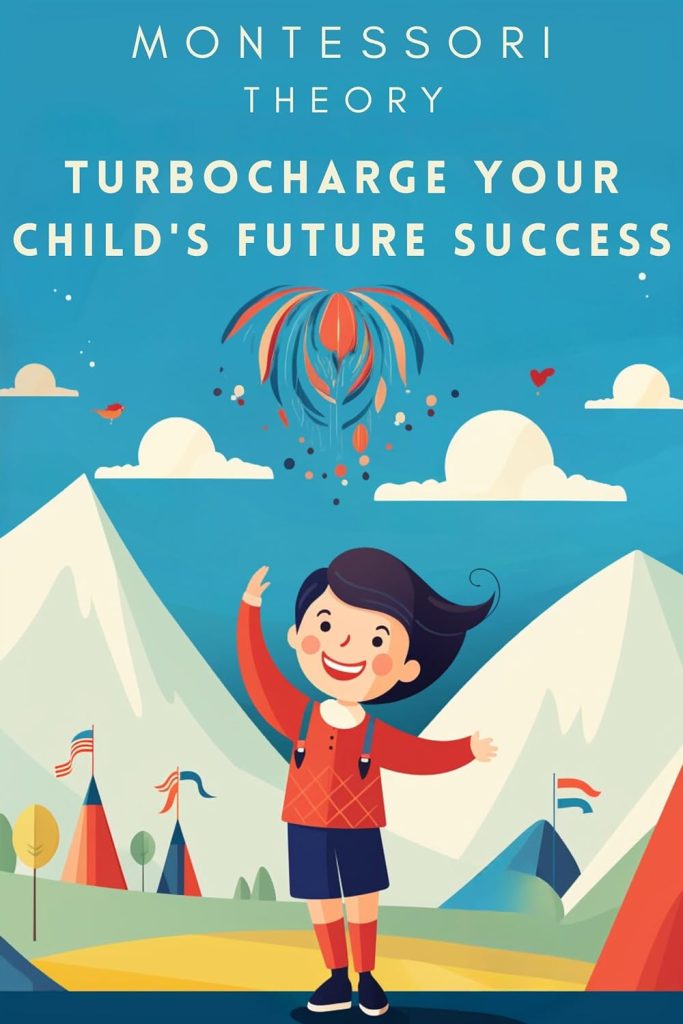Intrinsic motivation plays a central role in the Montessori educational approach, with the curriculum designed to cultivate children’s natural curiosity and desire to learn. Unlike traditional educational models that often rely on external rewards or punishments, Montessori education focuses on the joy of learning itself as the primary motivator. Children are encouraged to engage in activities that interest them, with the freedom to explore subjects at their own pace and according to their own interests.
The Montessori classroom is a carefully prepared environment that offers a variety of materials and activities to meet the developmental needs and interests of each child. This setting enables children to make choices about their learning, fostering a sense of autonomy and responsibility. The materials themselves are designed to be intrinsically rewarding, providing immediate feedback through their use. For example, successfully completing a puzzle or mastering a new skill offers inherent satisfaction, reinforcing the child’s desire to learn and explore further.
This emphasis on intrinsic motivation supports the development of self-discipline, perseverance, and a positive attitude towards learning. Children learn to value the process of discovery and the acquisition of knowledge for its own sake, rather than for external validation. This approach nurtures confident, self-motivated learners who are equipped with the curiosity and resilience necessary for lifelong learning.
By prioritizing intrinsic motivation, Montessori education fosters an environment where children feel empowered in their learning journey, leading to deeper engagement, sustained focus, and a genuine love of learning. This foundation prepares children not just for academic success, but for a fulfilling and purposeful life.

